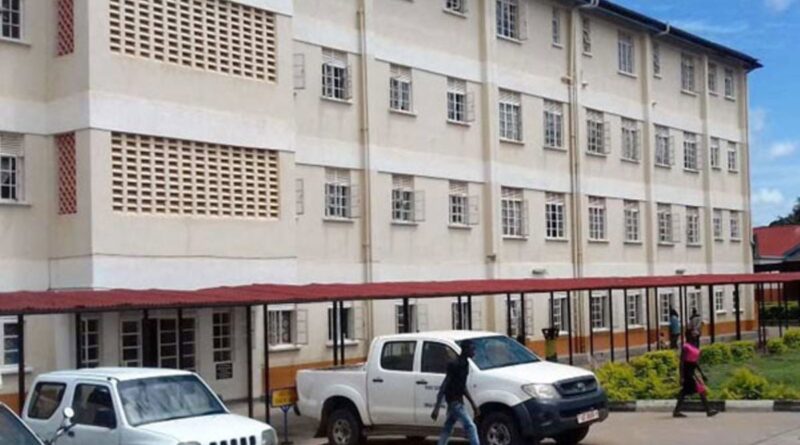Construction of the UGX 7.9B Arua Hospital ICU building starts
Arua Regional Referral Hospital is set to witness a significant transformation with the construction of a state-of-the-art Intensive Care Unit (ICU) building, estimated at a value of sh7.9 billion. Pending the successful execution of the plan, the ICU facility is expected to be operational within the span of one year and three months.
This exciting development was unveiled during the groundbreaking ceremony for the project, which is being funded by the World Bank as part of the Uganda COVID-19 Response and Emergency Preparedness Project. The event took place on a Tuesday at Arua City’s health facility, signifying a crucial step forward in enhancing the hospital’s capacity.
Arua Hospital faced substantial challenges in 2020 due to the surge of COVID-19 patients, primarily stemming from the scarcity of ICU equipment and insufficient space. Recognizing the pressing need for a robust healthcare infrastructure, the hospital’s director, Arua Ben Andema, lauded the government and the Ministry of Health for allocating funds to initiate the construction of the ICU building.
The endeavor is not the sole development in progress. Andema highlighted that alongside the ICU project, the ongoing construction of the Arua Regional Blood Bank will further elevate the hospital’s stature as a regional referral center.
Amidst the increasing influx of Congolese and South Sudanese populations, coupled with refugees referred from settlements, Arua Hospital grapples with mounting responsibilities. Andema expressed hopes that the current recruitment ban will not hinder the staffing process once the ICU building is completed.
George Otim, Health Ministry Commissioner for Infrastructure, underscored the significance of the ICU facility. He emphasized that the new building will enable the West Nile region’s population to access treatments that would typically necessitate travel to Kampala. Otim stressed the importance of reducing financial burdens on patients who need treatments like TB dialysis, which often entails considerable transport expenses and daily upkeep costs.
Otim urged the project’s contractors to uphold the timeline, ensuring that the construction is completed within the stipulated 15-month timeframe.
Dr. Godfrey Mugisha, representing the Health Ministry’s Commissioner of Clinical Services, underscored the far-reaching positive impact the ICU facility will have on healthcare outcomes. He noted that the facility’s enhanced capabilities could contribute to reducing neonatal deaths and child mortality rates in the region.
Assuring efficient progress, David Businge, the project manager at HASO Engineers Company Ltd, affirmed their commitment to delivering the completed ICU building within the designated timeframe.

